by Bill Sheate
Blog 1/2
In this first of two blogs, I’m looking at the words we use to describe emotional responses to environmental and climate change, and why it might matter what we call it. In the follow-up blog I’ll look at my own approach to treating eco-anxiety.
Eco-anxiety or Eco-distress?
There is now ample evidence for the prevalence of eco-anxiety (often among young people in particular), with vigorous debate among academics as to our understanding of the relationship between observed emotional, behavioural and cognitive responses to the impacts of climate and environmental change more generally. Discussion ensues over terminology, categorisation and taxonomy of the psychology associated with climate change and what seems often to be a significant focus on ‘grief’……. [Read more]
by Bill Sheate
Why do we do it?
Surprisingly, perhaps, procrastination is often used as a coping strategy; procrastinating - delaying doing something you need to do - in order to reduce the anxiety you might feel as you contemplate doing a task that might appear to be overwhelming, e.g. an essay; a group project; or revision for an exam. Procrastination is typically an avoidant behaviour, ……..
by Bill Sheate
When worry becomes the problem….
What is worry?
One way to look at worry is that it is the brain’s random attempt at problem solving, but to no avail. A more formal definition is the:
“Prolonged and fruitless search for a solution that will provide safety from the perceived threat of harm” (Clark and Beck, 2010)
Worry is typically future-focused; it is the opposite of present moment awareness (mindfulness). It’s about excessive thoughts that go round and round, creating stories we tell ourselves about what might happen and asking ourselves what we can do about it - ‘what-if’ questions about the future. ………..
by Bill Sheate
Ask a question - you know you want to!
Does even the idea of asking a question in class make you break out in a sweat? For some, anxiety over asking questions in class, even in small groups, let alone making a presentation in front of all your peers, triggers such a strong avoidance strategy that they can go through their entire time at university without ever asking a question, even though they often have questions they would dearly like answered…….





